Arab Revolution: Is Iraq Next?

NEWS JUNKIE POST
Mar 4, 2011 at 12:55 amThe US media and most world news outlets (including the BBC) have been strangely silent over the situation in Iraq. Of course it can be explained by the fact that our current news cycle is on steroid. Tracking the Arab revolution’s progress is overwhelming even for big news outlets. Libya and the armed revolution to finish off Gaddafi is the big headline, but not for long as it seems that the days of the mad man are counted. Egypt and Tunisia are still in mid-revolution limbo. Both are under military control, but the people are still putting pressure on their respective military to make sure that the revolution doesn’t get hijacked by a military junta.
Regardless of this uncertainty, and may be because of the violent turn of the revolution in Libya, anxiety is growing fast among the autocrats and kings of the region especially in the “crown jewel” of the Gulf: Saudi Arabia. The Saudi king is nervous, but he is not the only one as the Arab revolution get closer to the major oil reserve. Oil prices are skyrocketing, and it could seriously compromised any hope of economic recovery. Meanwhile, the Arab uprising is spreading to Iraq.
On Friday, Iraqis will demonstrate again in commemoration of last week’s killing of 29 peaceful demonstrators. Among the protesters killed was a 14 year-old boy, and human rights organization are denouncing the brutality of Al-Maliki’s regime. Al-Maliki seems to be dealing with the protests following the playbook of Mubarak. Al-Maliki’s brutal police state tactics include ordering his troops to shoot live ammo. According to several reports, beside the killings and the beatings, Al-Maliki is detaining around 300 peaceful protesters.
Today, as in last week’s protests, the demonstrators will demand political reforms, and so far they are not yet asking for Al-Maliki to step down. Just like in Tunisia and Egypt, they are asking for an end to corruption, they want jobs, access to clean water, food and electricity. Not only Al-Maliki is brutally repressing the protests, but he is also cracking down on the press to prevent the demonstrations to get coverage. On February 27, the television station Aldiyar was closed down by security forces, and seven staffers were arrested for covering the protest. Last week, a journalist was shot dead while others were threatened, beaten and detained.
While the Obama administration has rightly, and in strong terms, condemned the war crimes committed by Gaddafi, Washington has remained silent on the brutalities committed by Al-Maliki. Al-Maliki has two masters, one is the United States and the other one is Iran. It is legitimate to wonder if Al-Maliki’s crackdown on the protests has the blessing of both Washington and Tehran. After all both America and the Islamic republic fear the Arab revolution’s domino effect. In Iran, the Green revolution is showing strong signs of re-birth, and the United States needs a semi-stable Iraq to be able to redeploy, if needed, the 50,000 US troops (plus thousands of mercenaries) to protect the oil fields of Saudi Arabia. Countless analysts (in Washington and Jerusalem) are reading their crystal balls to predict that the Arab revolution will be a huge geopolitical gain for Iran. However, the argument is ludicrous, as the regime of the Ayatollahs just like the Saudi kingdom is already in the cross hair of the revolution. What is more for debate is what extreme measure, if any, America will take to secure the oil? One thing is quite certain: do not expect the 50,000 US troops currently stationed in Iraq to leave the region anytime soon.
Related Articles
- January 16, 2011 Tunisia’s Jasmine Revolution: Spreading Fear Among Arab Dictators
- March 15, 2011 Libya, Bahrain: Does The Empire Want The Arab Revolt To Be Crushed?
- April 10, 2011 Egypt’s Unfinished Business and a Lesson For the Arab Revolution
- January 30, 2011 Arab People: From Powerless To Proud
- February 6, 2011 Will The Secular Arab Revolution’s Domino Effect Reach Iran?
- December 23, 2011 Are Islamist Fundamentalists Hijacking The Arab Revolution?

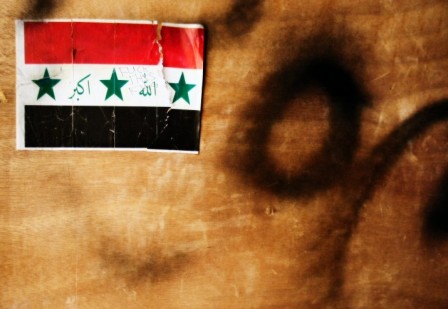
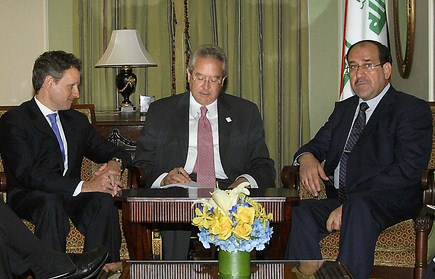
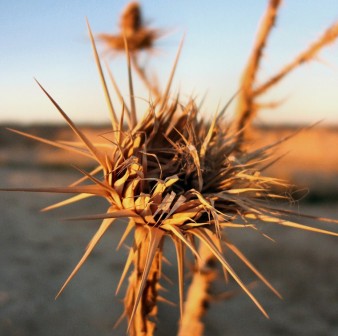
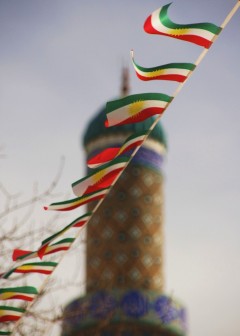
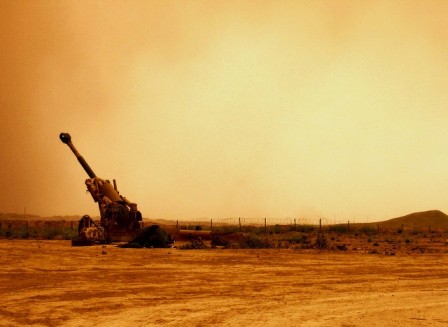











4 Responses to Arab Revolution: Is Iraq Next?
You must be logged in to post a comment Login